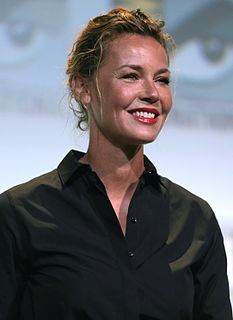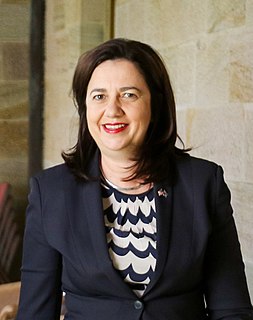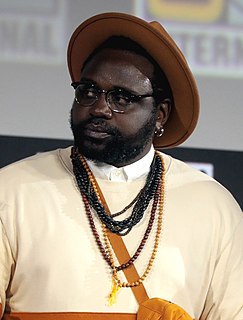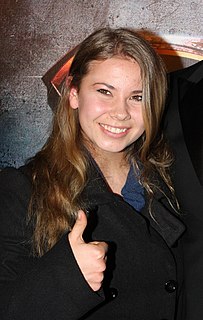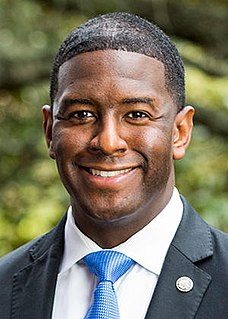A Quote by Terry Tempest Williams
When you look at the Pueblo communities along the Rio Grande, when you talk to the Navajo people, the Ute people, and certainly the native peoples of California who still have their communities intact, it is what they have always known: that we are not apart from nature but a part of it.
Related Quotes
In the present, the way benevolence is expressed is in conceptualizing the Native as a historical relic; US people have to be constantly reminded that there are still existent Indigenous peoples and communities in North America, but whether left or right, recent immigrant or descendants of settlers, even descendants of enslaved Africans, the Native presence is not a consideration in the day to day life of individuals and municipal, state and national governments.
Human Needs Project is really about how to come up with a different approach to helping, really focusing on the dignity of people living in communities you are not a part of, and how to approach these communities with help, but more look at it as an investment and a collaboration with these communities rather than, 'Here comes the white savior!'
Latino actors and actresses have had to struggle for decades, but when I came around with Real Women Have Curves, attitudes were starting to change. We screened the film all over the world - in Jewish communities, black communities, Greek communities, German communities - and people across the board said, "That's my family."
Especially after the Twin Towers, we're so terrified of 'Arabic' people. And talk about stereotypical negative portrayals of people of certain groups, if you look at the portrayal of Arabic people in Hollywood films, it's just appalling. They've always been just the easiest of targets - along with native Africans and what have you.
We should not be living in human communities that enclose tiny preserved ecosystems within them. Human communities should be maintained in small population enclaves within linked wilderness ecosystems. No human community should be larger than 20,000 people and separated from other communities by wilderness areas. Communication systems can link the communities.
I think that's the best thing about being black is that we find a way to make our own communities and always give room for people to pull up to our tables. We always provide a way for other people from different walks of life to come into the communities that we have built because we're so used to being excluded.
Every single day there are communities and people in communities who are hurting in real deep ways. The problems that they're suffering from are very nuanced, but they're granular in nature and they require real intentional planning in order to begin to lift the burden off of some of these communities that have been generationally and inter-generationally plagued by those kinds of problems. The challenge will remain. Whether we can rise to it, will the establishment rise to those challenges is a different question.


